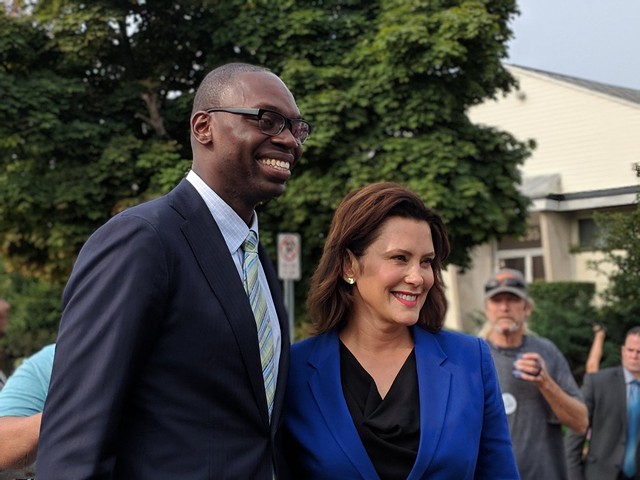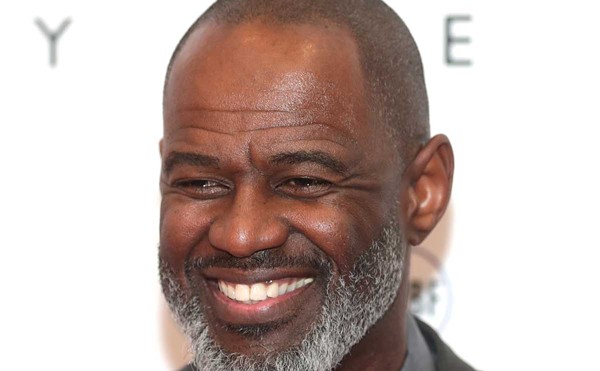"Because we have taken oaths to protect and defend the Constitution and the laws of the United States, we will not unilaterally immunize anyone from prosecution for violating federal laws simply because of the passage of Proposal One," United States Attorney Matthew Schneider and Andrew Birge wrote in a statement Thursday.
Michigan became the 10th state in the nation and the first in the Midwest to legalize marijuana for recreational use. Young people were particularly supportive of legalizing marijuana. In a survey conducted by EPIC/MRA for the Detroit Free Press in late October, 73 percent of young voters between the ages of 18 and 34 said they supported the legalization effort.
Josh Hovey, the spokesperson for the Coalition to Regulate Marijuana Like Alcohol, which spearheaded the legalization campaign, told Metro Times he was not concerned with the statement and that it represented "more bluster and the last
"Essentially the federal government needs to get
Dana Nessel, the incoming Attorney General, has long said that she is a proponent of Proposal 1 and was endorsed by multiple political action committees behind the legalization campaign.
"I just have come to see that the war on marijuana is an abject failure," Nessel told the Oakland Press last week. "I've seen hundreds of millions of taxpayer dollars used to investigate, test, prosecute marijuana cases and I just think we just came from talking about the opioid epidemic, right, I think it's a much bigger crisis."
In the statement, the Justice Department continues to focus on crimes that involve marijuana rather than prosecution of marijuana users or low-level offenders.
"The federal government is more concerned with trafficking between states, and that's where we have seen them cracking down, as they should be," said Hovey.
Matthew Abel, an attorney at Cannabis Counsel, said that today's statement showed the need for reform at the federal level.
"It's not surprising that the federal government is going to be the last to reform marijuana laws, but it really is about time," said Abel. "Are Senators Stabenow and Peters going to represent the people or the old guard, that's the question."
Still, according to Abel, recreational users in Michigan have no reason to worry unless they are violating one of the eight federal priorities, which include using marijuana as minor or interstate trafficking, or are using marijuana on federal property.
"I wouldn't carry it into the McNamara Building," he said.
Lucas Maiman is a fall intern at Metro Times.
Stay on top of Detroit news and views. Sign up for our weekly issue newsletter delivered each Wednesday.






